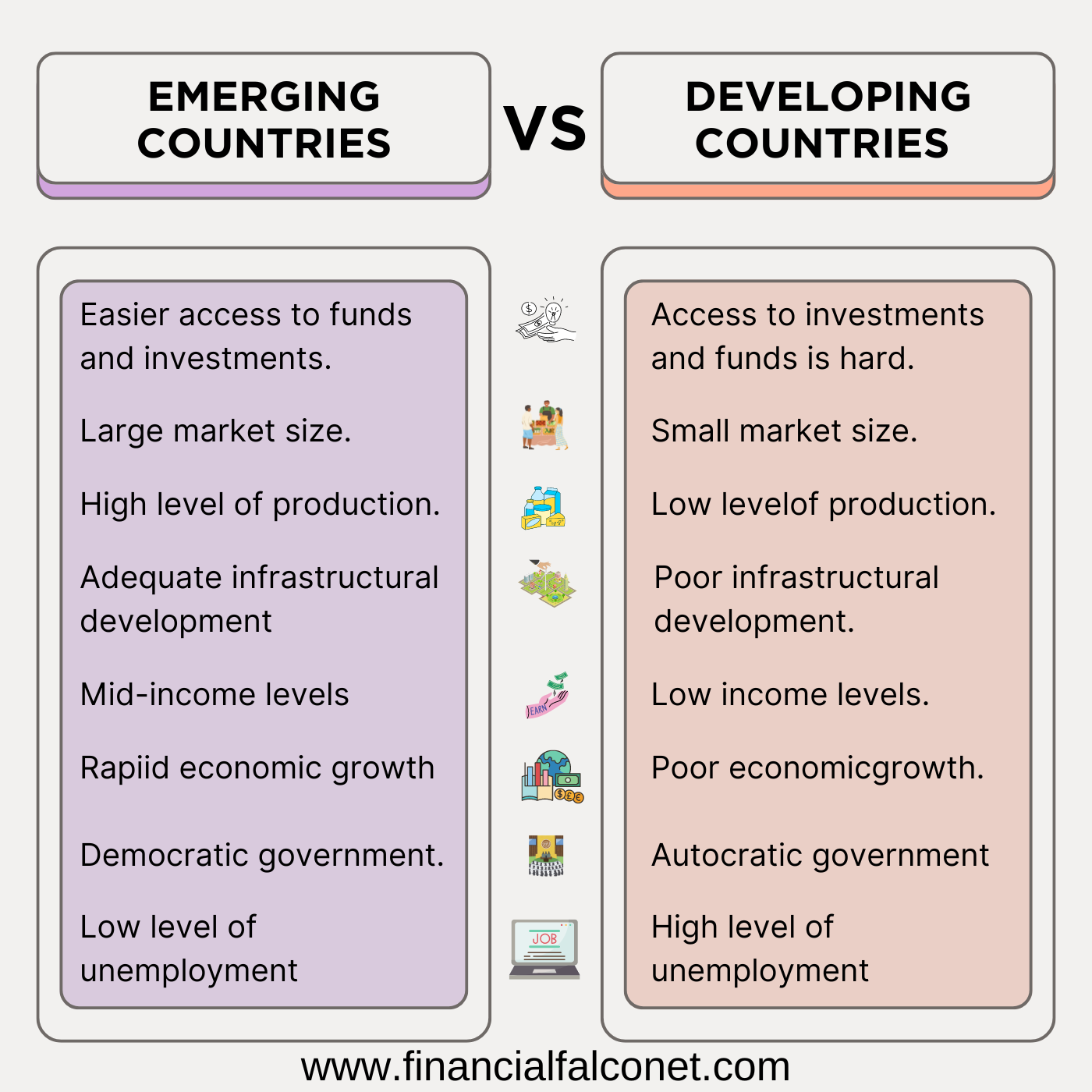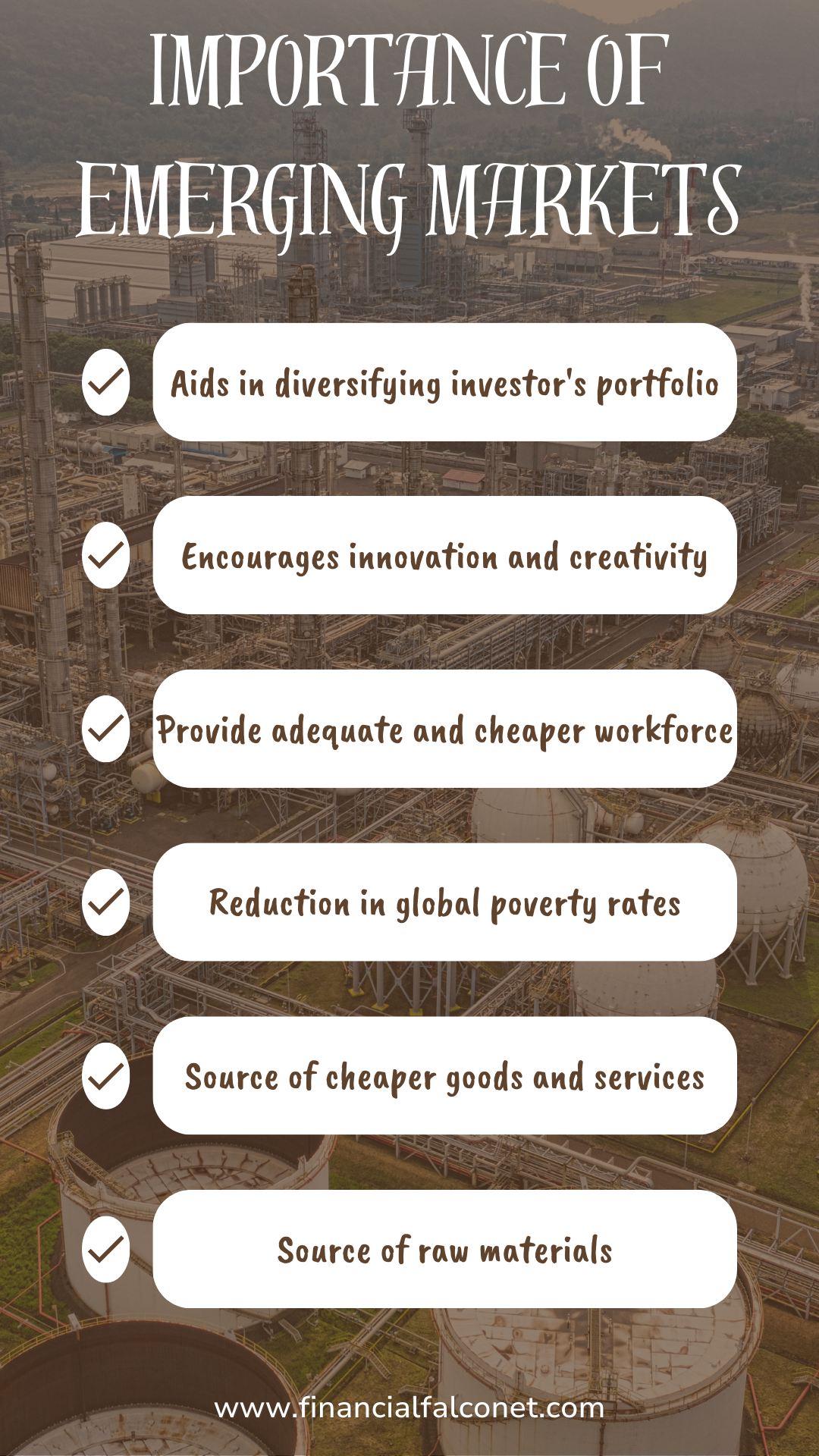Mercantilism vs Communism Differences and Similarities
What are the differences between mercantilism vs communism?
Both systems have their pros and cons, but which one is better? We will discuss the similarities and differences between mercantilism vs communism as well as their advantages and disadvantages.
What is mercantilism?

What is communism?
Communism, on the other hand, is an economic system in which the means of production are owned by the community as a whole, and production is geared towards meeting the needs of the people rather than making profits for private individuals. Communist economic systems are based on the ideas of Karl Marx and Friedrich Engels.
Mercantilism vs communism differences
- In mercantilism, businesses and individuals amass wealth through trade and commerce. The ultimate goal of mercantilism is to increase the wealth and power of one’s nation; whereas communism involves the means of production being owned by the community as a whole, and everyone works together for the common good.
- Mercantilism focuses on increasing a nation’s wealth through the accumulation of gold and silver, while communism focuses on meeting the needs of the people.
- Mercantilist economies are based on private ownership of the means of production, while communist economies are based on public ownership.
- Mercantilist economies are geared towards trade surplus, while communist economies focus on production for need.
- Communism is based on the principle of equality, while mercantilism favors those who are in positions of power.
Key differences between mercantilism and communism
| Mercantilism | Communism |
|---|---|
| Private property and businesses are allowed | Private ownership is not allowed |
| Wealth is distributed based on class | Wealth is distributed based on needs |
| Mercantilism typically allows for more economic freedom and individual initiative than communism. | Communist countries typically have much more centralized control over their economies than mercantilist countries. |
The similarities between mercantilism and communism
- Both mercantilism and communism seek to centralize power and control within the government.
- They also both have regulations and control over the economy
- Both mercantilism and communism seek to promote their own interests above all else, and both have been known to use force to achieve their goals.
Which system is better? Advantages and disadvantages
Communism has the advantage of equity in the distribution of wealth among citizens but it can cause inefficiencies and unproductivity because it can be difficult to motivate people to work hard when they know that they will not be rewarded for their efforts. Another disadvantage of communism is that it can lead to a dictatorship. This is because the government has complete control over the economy and people’s lives. This can lead to abuse of power and human rights violations.
Being a form of capitalism, mercantilism is more productive than communism. A disadvantage of mercantilism is that it may lead to frequent wars between nations as each nation competes for resources that they thought were finite; some countries go on to colonize and extract resources from other countries.
Conclusion
In mercantilism, the government promotes exports and limits imports in order to increase the amount of money flowing into the country. Communism, on the other hand, is an economic system in which the government owns all property and businesses. There is no private ownership of property or businesses under communism.


